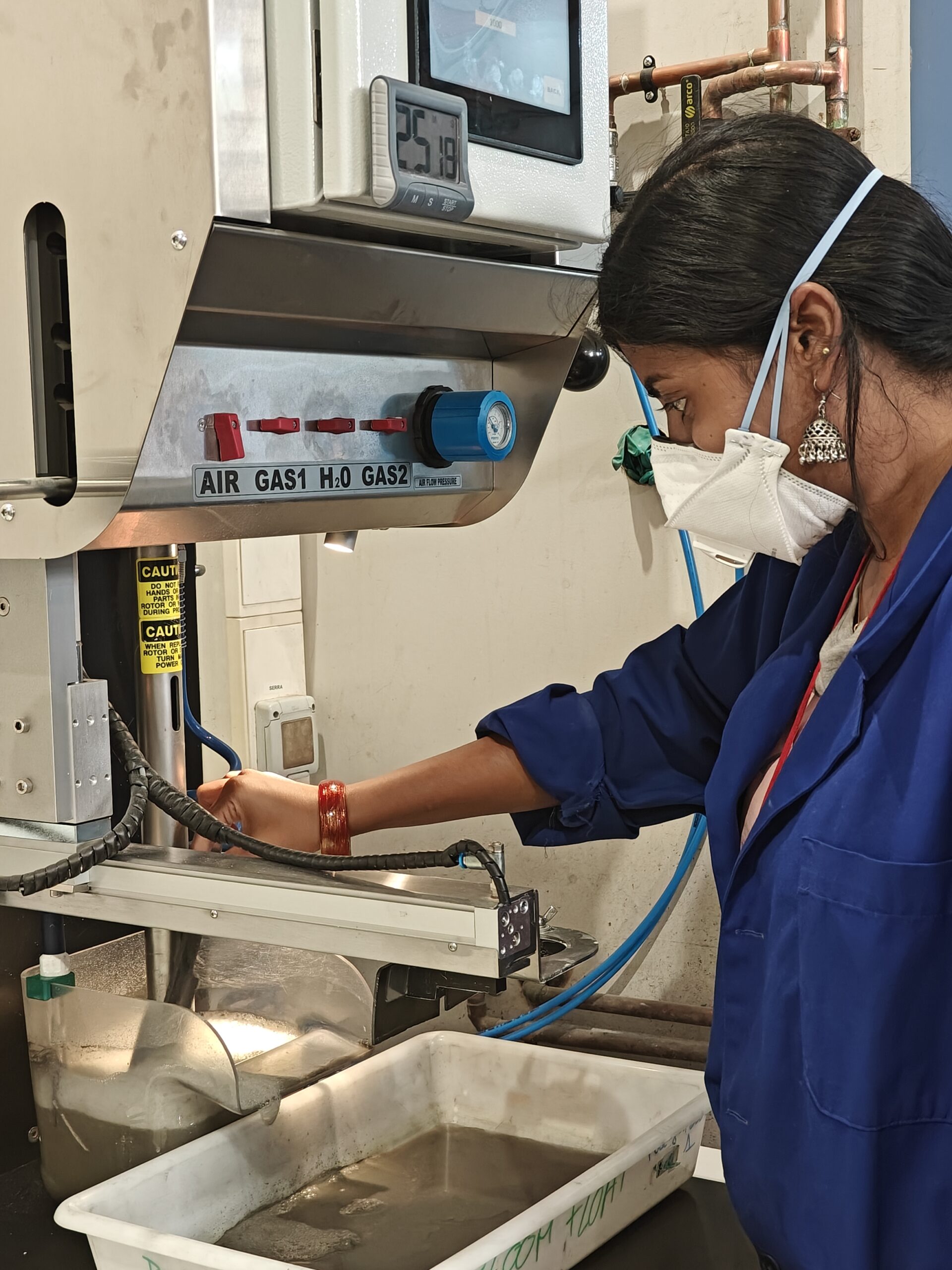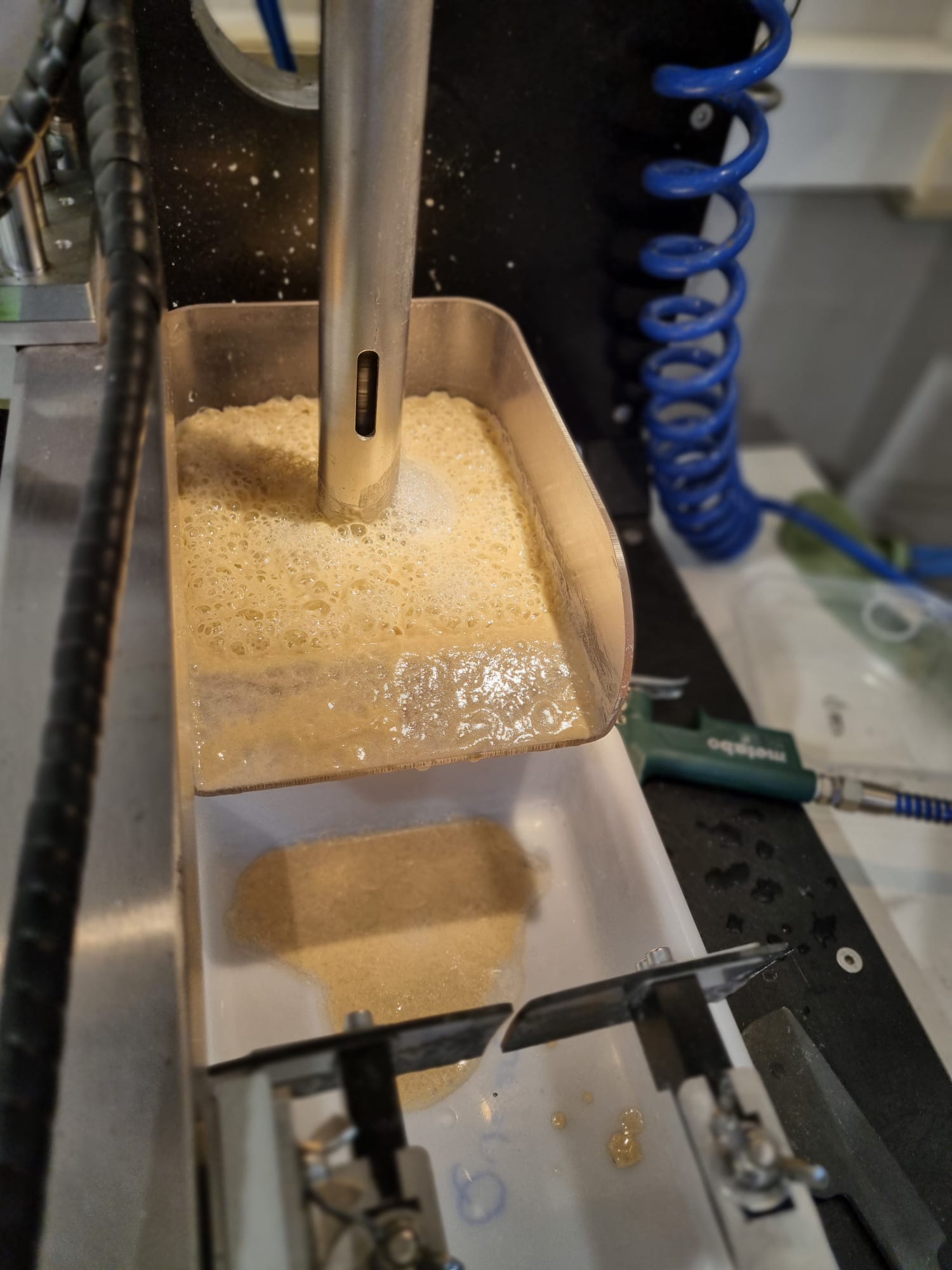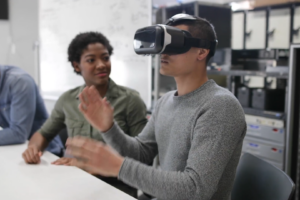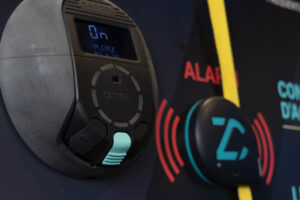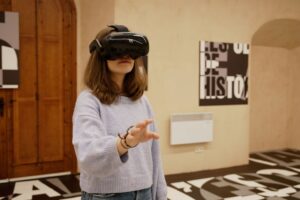
HYDROHEAL: Improving Bone Fracture Treatment with Advanced Biomaterials
July 24, 2025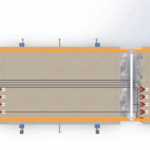
ReINfoRCed: Assessment and rehabilitation of concrete structures affected by corrosion through digital twins and eco-efficient strengthening
August 28, 202526/08/2025
Researchers from the Universitat Politècnica de Catalunya - BarcelonaTech (UPC) are participating in the Quartz Enrichment Enabling Near-Zero Silicon (QUEEN) project, aimed at reducing the European Union’s dependence on external sources for critical raw materials, particularly metallurgical-grade silicon (MG-Si). To achieve this, the project proposes harnessing an underused resource: quartz sand from European quarries, to produce MG-Si locally, sustainably, and efficiently.
The project tackles a major challenge: the EU’s heavy reliance on external sources for critical raw materials, especially metallurgical silicon. Currently, over 80% of MG-Si —essential for high-tech applications and the EU’s sustainability goals— is imported mainly from China.
The overall objective of the QUEEN project is to develop a new environmentally friendly metallurgical grade silicon (MG-Si) process from quarry sands, with near-zero CO₂ emissions and by making use of residual materials. This transformative approach could turn any EU quartz quarry into a potential MG-Si reservoir. Moreover, the technologies developed could be adapted to other materials.
A new mineral separation process will be designed based on froth flotation using sustainably sourced reagents to extract quartz from quarry sands, offering a more efficient and environmentally friendly alternative for refining high-purity quartz, while recovering calcite and feldspars as by-products.
From UPC, the participating groups include the Sustainable Mining Research Group (GREMS), the project coordinator; the Research Group on Intelligent and Sustainable Resources and Industries (RIIS); the Smart Sustainable Resources Research Centre (SSR-UPC); and the Research Centre for Supervision, Safety and Automatic Control (CS2AC-UPC). Also involved are the University Institute for Research in River Dynamics and Hydrological Engineering (FLUMEN), the Intelligent and Secure ICT Systems Research Group (SINAPSI), the Service and Industrial Robotics – Operation, Production and Enterprise Group (SIR-OPE), and the Service and Industrial Robotics Group (SIR).
UPC’s main role is the development and pilot-scale validation of the new separation process, in collaboration with industrial partners that produce biological reagents for use in the process. The market value of quartz depends on its purity, and this technology is expected to allow companies access to higher-value markets.
Impact
The QUEEN project is expected to have a strong economic, social and environmental impact. It aims to cover 56% of the EU’s MG-Si demand by 2032. In addition to reducing import dependence, the project anticipates recovering over 300 million tonnes of MG-Si from sand and saving 232 billion tonnes of CO₂.
It will also help reduce the EU’s reliance on imported quartz by 714,000 tonnes, create 440 new jobs, and generate an estimated gross profit increase of €140 million.
From an environmental and technological perspective, the project seeks to improve resource efficiency by 30% and set new benchmarks in line with the EU’s critical raw materials strategy.
Partners, Budget and Funding
The QUEEN project involves 14 partners from 8 EU countries.
Funded under the Horizon Europe programme, the project has a total budget of €7,294,162.27 and is expected to run for four years (November 2024 - October 2028).
Technology
Sector
Topic
You want to know more?
Related Projects
- The Visualisation, Virtual Reality and Graphic Interaction Research Group (ViRVIG) at the Universitat Politècnica de Catalunya - BarcelonaTech (UPC) has participated in the XR4ED project, an initiative that connects the educational technology (EdTech) and Extended Reality (XR) sectors, with the aim of transforming learning and training across Europe.
- The inLab FIB at the UPC has collaborated with Lizcore® for the development of a proof of concept based on artificial intelligence to improve safety in climbing with autobelay devices. The system allows the automatic and accurate detection of risk situations before starting a route.
- Researchers from the Centre for Image and Multimedia Technology of the UPC (CITM) and from the DiCode research group (Digital Culture and Creative Technologies Research Group) of the Universitat Politècnica de Catalunya – BarcelonaTech (UPC) have worked on the project The Eyes of History, an initiative of the Catalan Agency for Cultural Heritage that offers an immersive view of Catalan cultural heritage. It is especially aimed at the first and second cycles of secondary education and was created to bring heritage into the classroom. Its goal is to bring the history and monuments of Catalonia closer in a vivid and innovative way, using tools such as virtual reality and new museographic narratives.
- City and Play is a social action project coordinated by researchers from the Centre for Image and Multimedia Technology (CITM) and the DiCode research group (Digital Culture and Creative Technologies Research Group) of the Universitat Politècnica de Catalunya – BarcelonaTech (UPC), the Universitat Oberta de Catalunya (UOC) and the University of Barcelona (UB), and funded by Barcelona City Council. The aim of the project is to promote civic competences and reflection on the urban environment among adolescents through the creation of an open framework that uses methodologies based on play, co-creation and storytelling.

